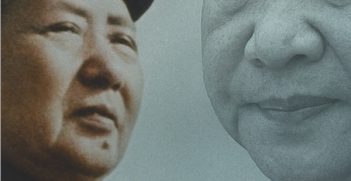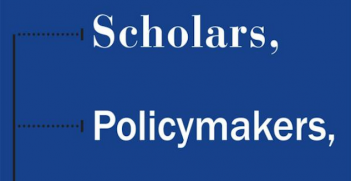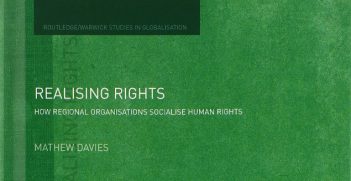South Vietnamese Soldiers: Memories of the Vietnam War and After

As two distinguished historians, Peter Edwards and Jeffrey Grey, have separately noted this book recovers a dimension of the Vietnam War missing from the massive literature on the War: It provides the remembered perspective, albeit after 40 or more years and across a chasm of suffering and exile, of those who fought for the losing side.
Edwards and Grey both also note the emotional impact of Associate Professor Nguyen’s book. It is an elegant distillation of veterans’ testimony which speaks as powerfully to a general as to a specialist readership.
Much emerges from strong narrative lines in the book which, without preaching, challenges what many outside the Vietnamese diaspora think they know about the Vietnam War. The collective memory of the war that influences thinking about foreign policy is still dominated in the West by legacies of the political controversy over intervention and by the American experience. This book gives a voice to the others who did most of the fighting. Most men of military age in South Vietnam served and their casualties dwarfed those of all other participants except the communist side. South Vietnam’s allies scarcely appear in these veterans’ memories.
South Vietnamese Soldiers reminds us that those who fought for South Vietnam mostly thought the fight worth undertaking. The presence of huge numbers of refugees from the North and the brutal tactics of the communist guerrillas were constant reminders in the South of the possible consequences of losing. The eventual humanitarian and human rights catastrophe brought about by the communist victory and the policies of the victors has understandably shaped the memories on which Nguyen draws.
Issues of corruption and political and military incompetence in South Vietnam that were prominent in the perceptions of Western opponents of intervention do not figure significantly here. South Vietnamese veterans do not seem to remember these as factors that could explain or justify the communist victory. The veterans mostly credit their loss to the overwhelming power and superior equipment of the other side, demonstrated in a final offensive spearheaded by heavy armoured units. South Vietnamese who fought in what is generally thought of in the West as a guerrilla conflict remember its conventional side.
The book has a noteworthy chapter on women’s service in the South Vietnamese armed forces and draws on memories of diverse experience across and beyond the span from elite Ranger, Airborne and Marine units to the local-defence elements of the Regional and Popular Forces. The diversity is wider than that. One of the veterans first saw war with the Free French forces in North Africa in 1942. Another, a Regional Forces platoon commander and one of the few Catholics represented, entered the priesthood as a refugee in Australia and later served as an Australian Army chaplain.
These veterans’ memories illuminate much of relevance beyond the Vietnam War case about how pride in service and post-war recognition helps in coping with the aftermath of war service. Vietnamese veterans in Australia have found some such support in their eligibility to join the RSL and Anzac Day marches and for veterans’ benefits, institutions which we rarely see commended in the context of our multiculturalism.
The interviews on which the book is based will be housed in the oral history collection of the National Library of Australia. We can hope that Vietnam, where the winners bulldozed the memorials of the losers and closed their war cemeteries, will one day be grateful to find this part of its history preserved overseas.
South Vietnamese Soldiers will be launched in Melbourne at the Multicultural Hub Drill Hall on 9 May at 5.30 pm by AIIA Fellow Peter Edwards, with arrangements under way for a Canberra launch by Jeffrey Grey in June. While the Australian distributors have priced the book for an institutional market the US and UK on-line price, evidently assuming a general readership, is some 40 per cent lower. A similar saving will be available at the Melbourne and Canberra launches.
Nathalie Huynh Chau Nguyen, South Vietnamese Soldiers: Memories of the Vietnam War and After, Praeger, 2016
Peter Hamburger is a former public servant who has held various offices in the ACT Branch of the AIIA. This article is published under a Creative Commons Licence and may be republished with attribution.





